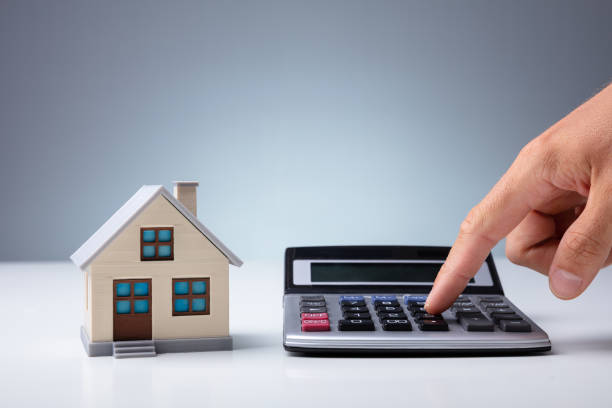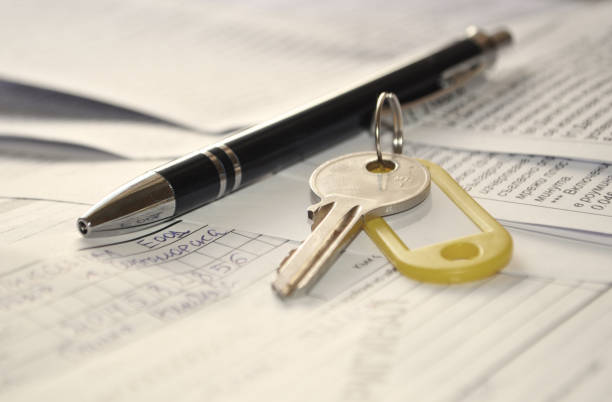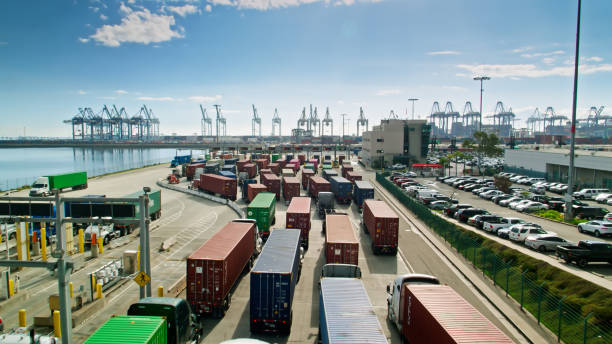Lessor
An organization known as the lessor permits the lessee to utilize an asset in accordance with the terms of a lease. Under this contract, the lessee pays for the use of the asset and owns the right to use it.
Role of a Lessor
In response to exchange for set payments over a predetermined length of time, a lessor assumes the role of the asset’s owner while leasing it to a lessee. Real estate, machinery, and other high-value assets are frequently arranged for lease. The lessor still owns asset; the lessee is only permitted to use it in return for regular payments.

Types of Assets Leased by Lessor
Lessors typically lease a range of assets and work in multiple industries. This could be applied to property, equipment for technology, cars, and machinery. Tenants have different considerations and obstacles depending on the kind of asset.
Responsibilities of a Lessor
As the owner of the given asset in lease, the lessor is responsible for its maintenance. A good lessor-lessee relationship is contingent upon both parties understanding and fulfilling these commitments.

Benefits of Leasing
Financial Flexibility
Businesses are able to purchase and utilize assets without paying substantial fees when they use assets that are covered by a lease agreement. Businesses wishing to grow without having to make a sizable initial investment may find this very helpful.
Tax Advantages
The deductibility of interest and depreciation is one of the many tax benefits that minorities frequently enjoy. It may be an alluring financing option for lessor and lessee due to these advantages.
Risk Mitigation
A lessor can prevent the consequences of recessions by leasing assets to several different parties, so diversifying its portfolio.

Challenges for Lessors
Economic Factors
Lessors are not immune to economic shifts; for example, a downturn in the economy may impact their capacity to receive a fixed payment against the use of an asset, as the lessee may find it difficult to make payments during such a period.
Asset Depreciation
The book value of a lessor may depreciate leased assets based on the terms of the lease. For an equal return on investment, lessors have to carefully manage depreciation and factor it into their lease agreements.

How Lessors Assess Potential Lessees
Creditworthiness Evaluation
For lessors, finding out about a prospective lessee’s reputation is a critical first step. As a result of this, the lessee’s creditworthiness and financial stability will be assessed for ensuring timely payment.
Business Plan Scrutiny
Lessors evaluate prospective lessees’ business plans in order to assess the feasibility of their businesses are. In the perspective of the lessor, a business plan that is well-organized increases the lessee’s credibility.







